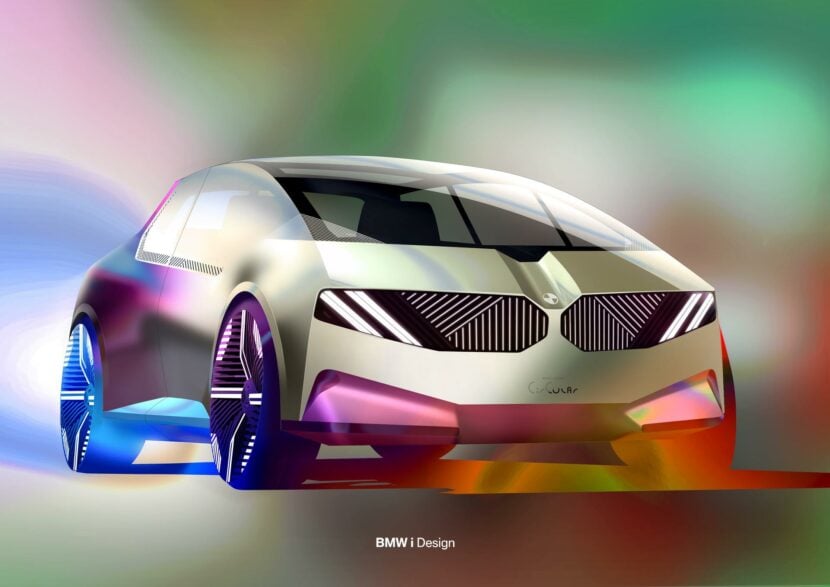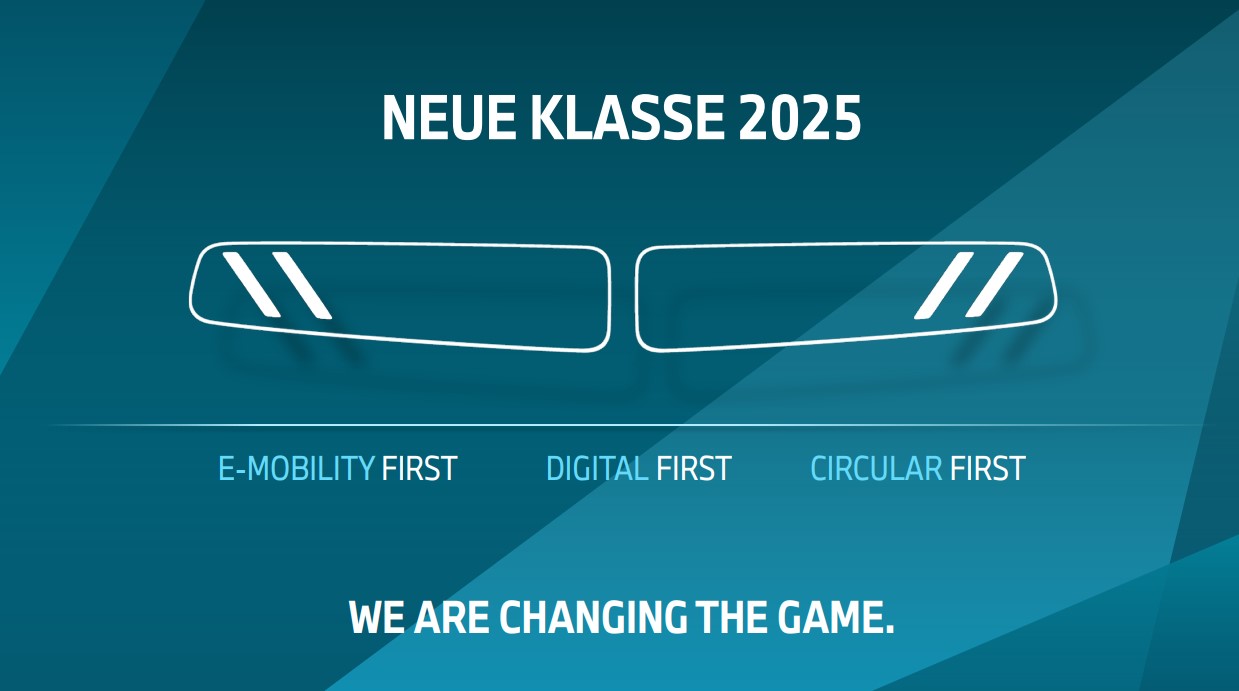Earlier this year, Automotive News reported about BMW’s decision to team up with Contemporary Amperex Technology Co. Limited (CATL) to source cylindrical cells for future EVs. As it turns out, the company has apparently inked a deal with a second supplier from China as EVE Energy will be doing the same. Sources close to the matter cited by AN claim the Neue Klasse models arriving from 2025 will be the first to use the battery packs.
As a refresher, it has been confirmed by BMW the first NE-based cars will be a sedan and an SUV in the 3 Series segment, so a globally sold i3 Sedan and iX3 unless the Bavarians will choose to use different monikers. The new Debrecen plant in Hungary will be the first to manufacture an electric vehicle based on the dedicated platform, with Munich to follow suit in 2026. One of the main goals is to cut battery costs by as much as 30% with NE vehicles by switching to round cells.

The report goes on to mention EVE Energy has already signed contracts with BMW to be the automaker’s primary battery cell supplier in Europe for Neue Klasse models. While the Chinese company declined to comment when contacted by Automotive News, BMW did say it will have some news to share regarding its battery strategy at the beginning of September.
As a side note, Tesla has commenced production of its larger cylindrical cells, which carry the 4680 codename to reflect they’re 46 mm in diameter and 80 mm in length. The anonymous sources cited by AN claim the batteries earmarked for BMW’s future EVs will have approximately the same size as the ones already being used by Tesla. The latter expects to cut production costs and also boost range in comparison to the 2170 smaller round cells.
With the new wave of electric vehicles, BMW will be gradually moving away from prismatic batteries to focus on large cylindrical cells. In the distant future, the company hopes to have solid-state batteries ready by 2030, with a running prototype expected as early as 2025. The Neue Klasse architecture is being developed to support solid-state batteries, which have a much higher energy density to enable a substantially greater range.
Source: Automotive News





































































